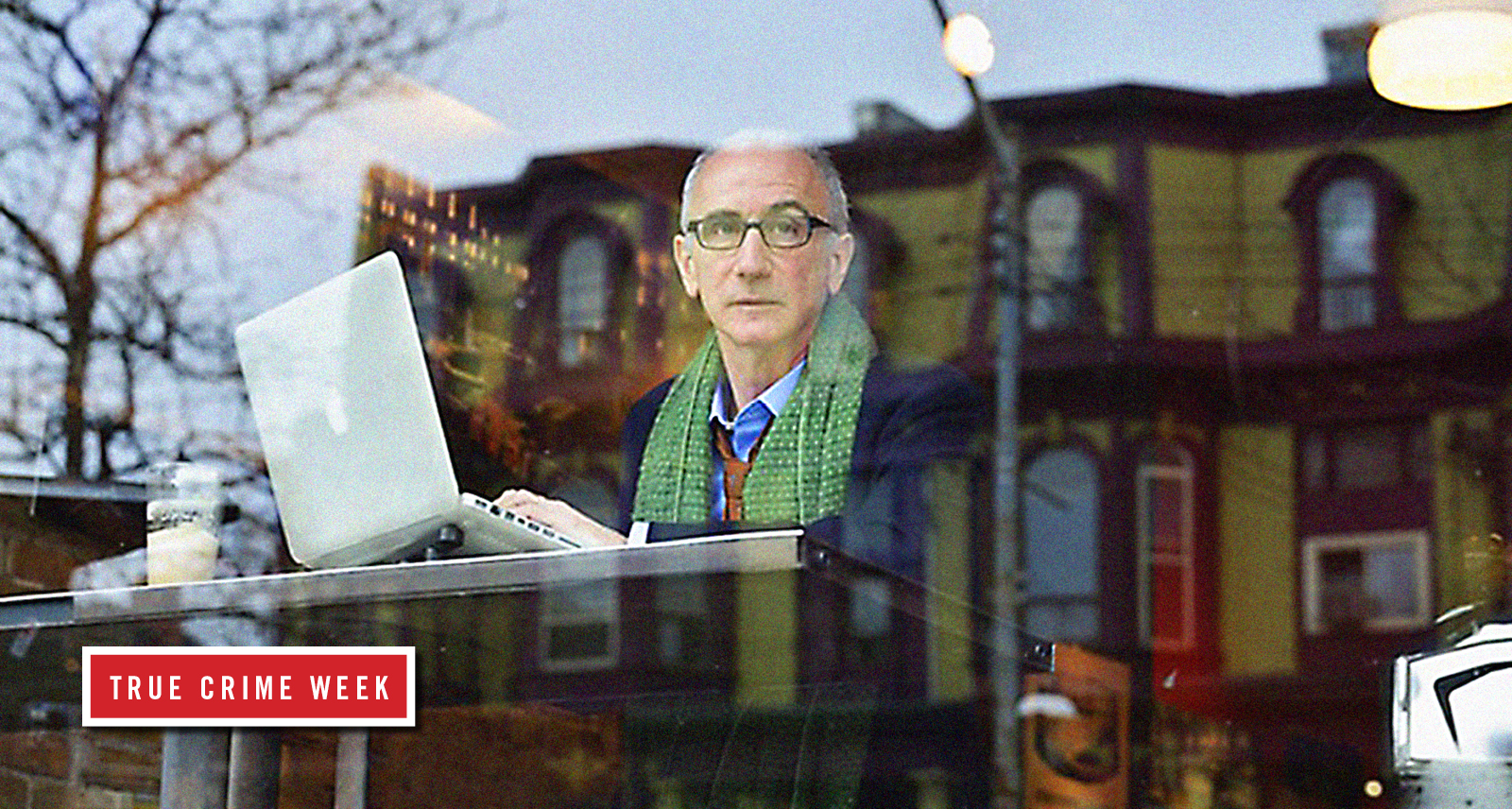Canada’s Finest Crime Novelist on What Makes His Genre So Damn Compelling
Robert Rotenberg is a Toronto criminal lawyer-turned-novelist, sometimes referred to as “Canada’s John Grisham.” (We prefer Canada’s Scott Turow, frankly, but you get the point.) His books include the best-selling Old City Hall and Stray Bullets, procedural dramas about the inner workings of Canada’s criminal courts. They’re classic page turners — because that’s what true crime is, when you get down to it. Equal parts distress and insatiable curiosity. We asked Rotenberg for his professional opinion on turning true crime into mass entertainment.
ON NEWNESS
“First of all, I don’t think it’s actually that new. Maybe ‘wave’ is a good way to put it. There have always been big stories about unjustly accused people over the years. The Steven Truscott case was the big case when I was a kid. One of the fascinating things is when the Truscott appeal came, the coverage it got was constant. There were multiple stories in the papers every day.”
ON THE UNJUSTLY ACCUSED
“To me there are three kinds of unjustly accused cases. The first is what I’d call the David Milgaard case. He was charged and convicted of raping and killing a nurse in Edmonton. He spent 22 years in jail, he refused to admit anything. Eventually it was found out that the DNA in the nurse belonged to a guy named Larry Fisher, who was a known rapist. He was completely and utterly innocent. Then, there are the fraudsters who just think saying they’re falsely accused will be a good way out. And then there’s the middle ground, which is what’s really fascinating. That’s what you have with Serial or Making a Murderer: cases where one minute you think the person’s innocent, the other minute you think they’re guilty. Those are just endlessly entertaining.”
ON TECHNOLOGY
“Up until Netflix or podcasts, most legal TV dramas were episodic. A murder a week. But these cases are much too complicated to produce in a 44-minute show. Plus, with technological advances in recording equipment, it’s easier to make documentaries about difficult subjects like this. I remember the days when doc filmmakers had to have a whole crew to follow them around. Now there’s an accessibility to it all.”
ON RELATIVE MERITS
“Speaking as a defence lawyer, I think it’s great that people are captivated by true crime, because it makes people realize that the world is not black and white, but always, always, always grey. It helps reiterate the importance of reasonable doubt and the importance of proper police procedures. And as a writer I think it’s great, because the whole thing that makes legal mysteries interesting to people is the notion of doubt. Is the right person charged? Is the right person convicted? What’s the line between morally right and legally right? Those are the great questions.”
ON COMMON HUMANITY
“There’s a line in a Phil Ochs song: ‘There but for fortune may go you and I.’ All of us do foolish things in our lives. We all have three lives: our public lives, our private lives, and our secret lives. Everyone has a secret life. Everyone has secrets. It’s part of being human. But when you’re charged with an offence, you lose your secrecy. And I always have clients who lie to the police about stupid little things. You lie because you’re illegally in Ontario housing or screwing around on your wife. We’ve all done stupid things before. I’ve run through red lights, but here’s a guy who ran through a red light and killed three children and their father. I think that’s what people find fascinating about it. It’s the dance people go through.”










